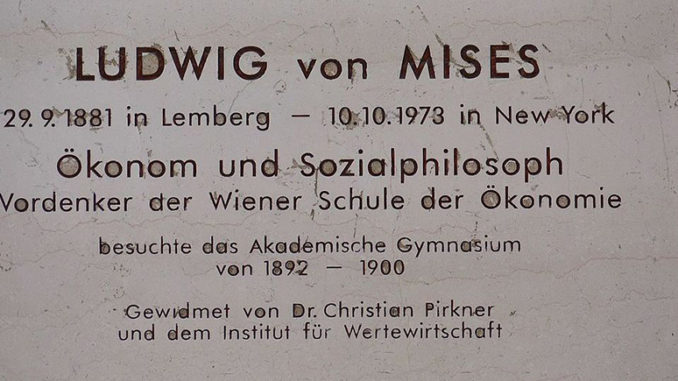
People frequently call socialism a religion. It is indeed the religion of self-deification.
– Ludwig von Mises Human Action
There is one feature of revolutions which seems almost universal. Once the revolutionaries have established their dictatorship — be it of the proletariat or the volk — one of the first actions seems to be a purge of many of those who were the revolution’s most ardent supporters. And almost inevitably, this purge seems to come to those revolutionary allies as a complete surprise. Even within movements less momentous, we can see this phenomenon, from “progressives” to “populists” to “protectionists”, once they feel their first flush of success, it seems the immediate follow up is a purging of many loyal supporters from within their ranks. Most recently, we have seen something of this nature in the purge of Bannon and others from the Trump administrations coterie of official and unofficial advisers.
But why? What is it about authoritarian movements, or even less authoritarian interventionist movements, that inevitably leads to such a falling out among the faithful?
The simple answer is that there is simply no way to be a rational dictator. Or to be more precise, once you involve government in anything beyond the protection of individual rights, government decisions become, of necessity, arbitrary. Whether a fully controlled economy such as communism or fascism propose, or merely a strongly interventionist one such as promoted by protectionists, populists and progressives, the proponents all assume there is some “logical” or “common sense” or “obvious” way in which the government will run, yet they often fail to examine this belief in detail. Instead, each and every one of them makes the assumption that the would-be dictator, or government regulator, would rule as he would himself, that his own views are the “obvious” and correct solution. If he values scientific research over military investment, or the reverse, clearly that is the correct plan, and the one the future state would of necessity follow.
And that is at the heart of every post-revolution purge. There can only be one dictator, and the arbitrary decisions must be those he would make. All those old allies, much as they might agree in the abstract, often have very different ideas about particulars, and thus, even among those attesting an ardent faith in the same movement, there is normally a tremendous falling out once power is achieved. Those whose ideas are close enough to those in power, or are pragmatic enough to suppress their own views, they will survive, at least for a time, but, ironically, often the most “idealist”, who cannot suppress their own ideas of what is right, are the first to be removed, as their “obvious” solutions and those of the new dictator diverge too much.
Nor is this limited to dictatorships. Since all intervention is at root based on arbitrary decisions — after all, what is the “right’ quote for sugar imports? or the “right” subsidy for automakers? — even among less fully authoritarian movements there is often a divergence once they find themselves in power. Protectionists may run on protecting American industry, but once in power how is that to be achieved? Of course, every industry thinks it will enjoy high tariffs on its goods, and low or no taxes on its raw materials, but obviously not every industry can be accommodated, and thus, just as with dictators, we often see a fragmentation, as those in powers implement what they imagine is the “correct” path, and those who followed them based on vague promises are disappointed when they realize their “obvious” answer is not shared by the leadership.
Von Mises said socialism was the embodiment of petty resentments, and to a degree that is true, but even more all forms of authoritarian and interventionist government often represent nothing more than the enshrining of individual whim. Because I value one thing over another, I believe that everyone should do the same. Unfortunately, for most who support movements imagining they promise to give those petty personal whims the power of law, the truth is their own whims will ever remain impotent, and their support will do little but enshrine the whims of someone else as the law of the land.
NOTE: This has been a rewrite and update of my earlier essay “The Inherent Disappointment of Authoritarianism“.
